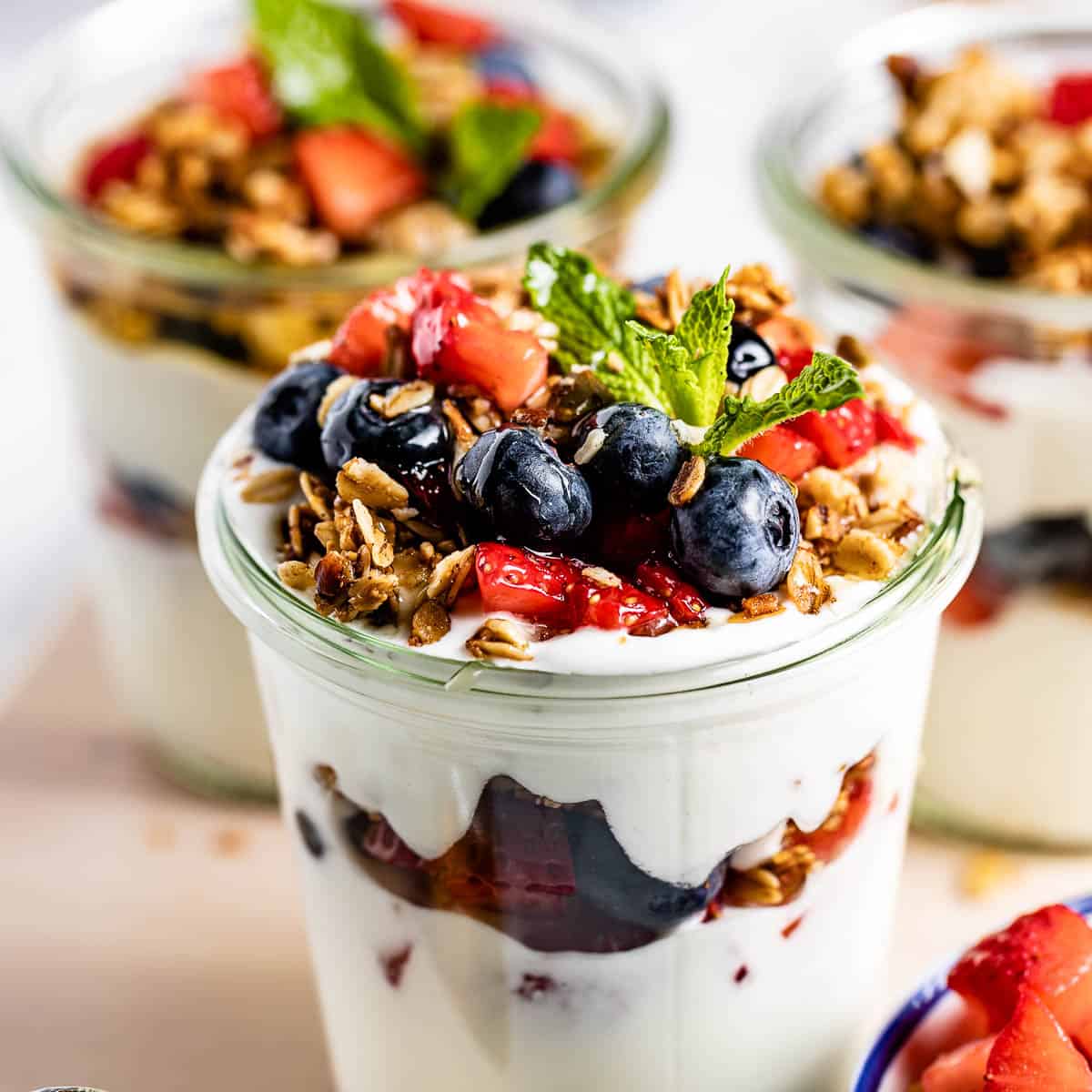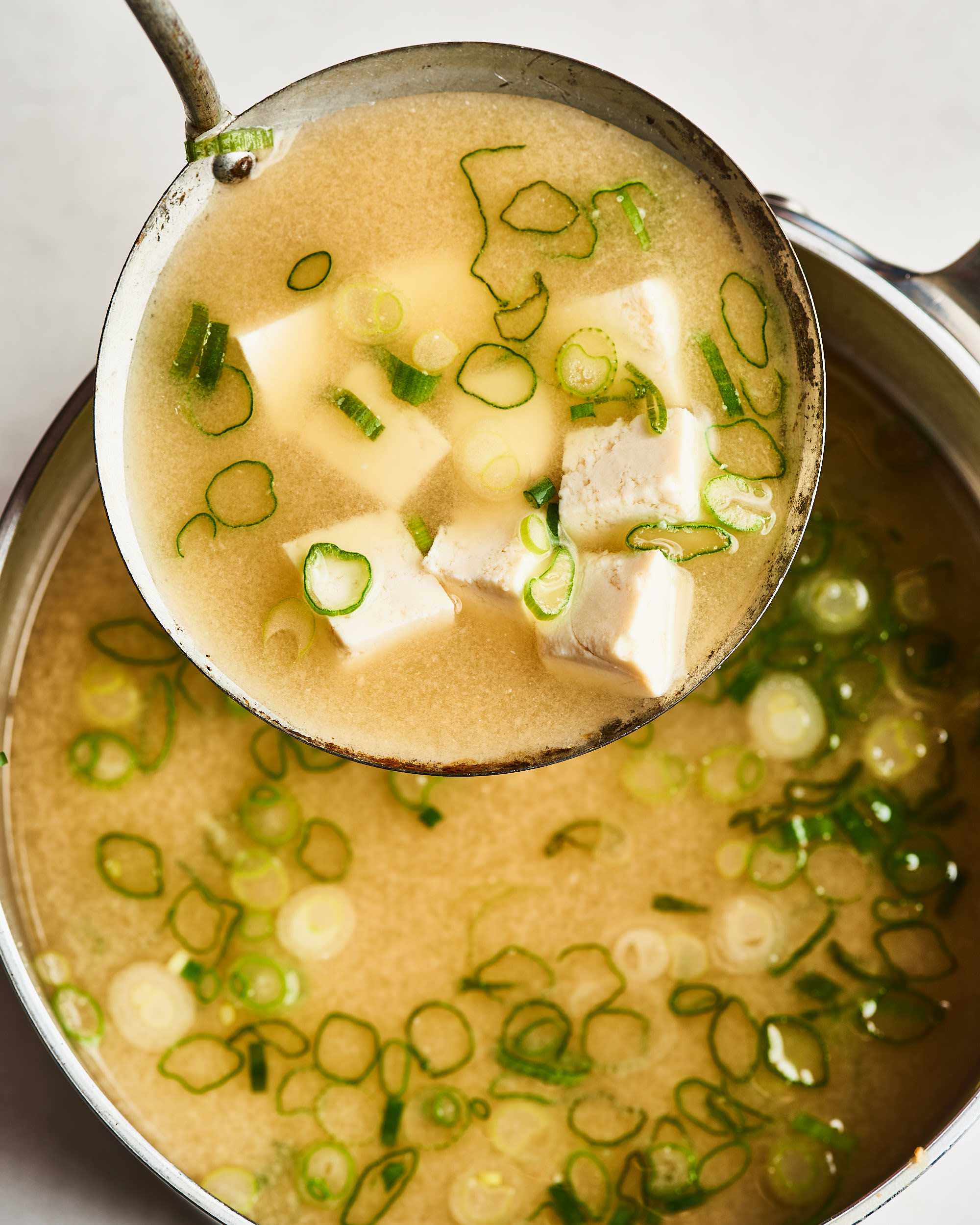Probiotics — those good-for-you live bacteria and yeasts — are touted as being both healthy and helpful for digestion. That’s for good reason: Science shows probiotics are a great way to support a healthy gut and may help treat some digestive problems, such as constipation and irritable bowel syndrome (IBS). They may even improve immune function: One study found that when subjects contracted the common cold, consuming a probiotic drink significantly reduced cases of upper respiratory infection and flu-like symptoms compared to those who didn’t take probiotics.
Probiotics can be found in certain foods and drinks, as well as in supplement form. While eating foods with probiotics can help with overall gut health and general nutrition, if you are looking to ease digestive symptoms, you can also try taking a probiotic supplement.
A registered dietitian nutritionist (RD or RDN) or certified nutrition specialist (CNS) can help you determine if you’re getting enough probiotics in your diet or if you might benefit from taking a probiotic supplement. If needed, an RD can also recommend which probiotic supplement may be most helpful for your particular digestive issues.
In the meantime, you can add more probiotics to your diet with these RD-approved tips.

Start Your Day With a Parfait
To get a jump on your probiotic consumption, simply top a breakfast bowl of yogurt with your favorite granola (the lower in sugar the better) and some antioxidant-rich berries, says Stefani Sassos, MS, RDN, CDN, a registered dietitian at the Good Housekeeping Institute in New York City. Yogurt is cultured or fermented milk that has been soured and thickened by adding live active cultures that promote the growth of good bacteria in the gut.
While there are plenty of premade options available at the grocery store, making a parfait at home is simple, too. For convenience, make it the night before so it’s ready and waiting for you in the morning, Sassos adds. “I start with my favorite Greek yogurt, add two tablespoons of organic granola, and then top that with frozen organic berries. Place that in the fridge and, when you wake up, the berries will be perfectly defrosted.” If you like your granola crunchy, store it in a separate container and add it just before serving.
Make Yogurt a Kitchen Staple
Plain yogurt with live active cultures can also be transformed from a breakfast food into a key ingredient in salad dressings, dips, and cold sauces, says Kitty Broihier, MS, RD, LD, a nutrition consultant in Portland, Maine.
Just know that any recipe that requires heating the yogurt in any way is going to kill off its good bacteria. So stick to no-cook recipes to reap the most gut benefits, Broihier says.
Broaden Your Sauerkraut Savvy
Nutritionists know that sauerkraut isn’t just for that ballpark hot dog. You can buy it or make it with traditional cabbage — or sub in other veggies — to give any meal a whole lot more flavor. Fermented daikon radishes, turnips, cucumbers, okra, and string beans can all make great condiments. They can also be eaten as a snack, or added on to a salad.
Add Kefir to Your Smoothies
“Kefir, a tart and tangy cultured milk drink, is packed with various strains of beneficial probiotics and live cultures,” says Sassos, who drinks 4 ounces of it each morning with her breakfast. Choose plain kefir whenever possible, as the flavored varieties often contain added sugar. If you find that kefir tastes too tart alone, she recommends adding it to a smoothie for a nutritious (and good-bacteria) boost.

Take a Kombucha Break
Kombucha is a probiotic-rich fermented drink made with tea, sugar (most of which is used up during fermentation), bacteria, and yeast — making it a great vegan alternative to other probiotic-rich dairy products, such as kefir or yogurt, Sassos says. You can swap the refreshing probiotic drink for your afternoon coffee or happy hour cocktail, she adds.
Experiment With Kimchi
Kimchi, a spicy Korean condiment, is packed with healthy bacteria called lactobacilli, which gives it a probiotic boost. “This reddish fermented cabbage is a tasty topper for your tacos or an accent for sandwiches and burgers,” suggests Sherry Coleman Collins, RDN, a nutrition consultant in private practice in Atlanta. Traditionally served as a daily side dish in Korean meals, kimchi makes a great side to Asian dishes such as rice, stir fries, and barbecued meats.
Try Tempeh
For a tasty alternative to meat, seek out recipes that incorporate tempeh — a preparation of probiotic-rich fermented soybeans. Tempeh is also a healthy vegan source of protein, fiber, and antioxidants. Its hearty texture and versatile taste mean it can be used in a variety of dishes.
Put Miso Soup on Your Menu
Miso soup is easy to make with hot water and miso paste, and it adds a probiotic punch to any meal. In Japan, it can be served at breakfast, lunch, or dinner. “Miso is fermented soy that contains healthy bacteria,” says Gabriella Vetere, RDN, CSOWM, a health coach based in Campbell, California.

Just remember that high temperatures can kill probiotics, which eliminates their health boost. Add the miso paste just before serving and avoid too-hot temperatures to preserve as many beneficial microorganisms as possible.
Don’t Forget Prebiotic-Rich Foods
Prebiotics are nondigestible components found in some fruits, veggies, and other foods that promote the growth of good-for-you bacteria in the gut. According to Vetere, good food sources of prebiotics include raw apples, bananas, asparagus, beans, artichokes, garlic, onions, and leeks, as well as whole-wheat foods and soybeans.